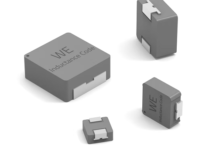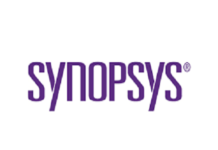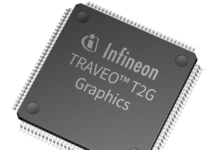
EEMBC, an industry consortium that develops benchmarks for embedded hardware, announced that its ADASMark autonomous driving benchmark suite is now available for licensing. The benchmarks provide a performance measurement and optimization tool for automotive companies building next-generation advanced driver-assistance systems (ADAS).
Intended to analyze the performance of SoCs used in ADAS implementations above Level 2 — which require compute-intensive object-detection and visual classification capabilities — ADASMark uses real-world workloads that represent highly parallel applications, such as surround view stitching, contour detection, and convolutional neural-net (CNN) traffic sign classification. The ADASMark benchmarks stress various forms of compute resources, such as the CPU, GPU, and hardware accelerators, and thus allow the user to determine the optimal utilization of available compute resources.
Key features of the ADASMark Benchmark Suite include an OpenCL 1.2 Embedded Profile API to ensure consistency between compute implementations; application flows created by a series of micro-benchmarks that measure and report performance for SoCs handling computer vision, autonomous driving, and mobile imaging tasks; and a traffic sign recognition CNN inference engine created by Au-Zone Technologies.
“While more and more automotive embedded systems are deploying multiple cores, there are still very few frameworks that can utilize their asymmetric compute resources,” said Peter Torelli, EEMBC president and CTO. “Representing the next step in the evolution of EEMBC’s automotive benchmarks and multicore frameworks, ADASMark addresses this issue for the visual component of ADAS. It uses a new framework with a more relevant workload while still taking advantage of the GPU hardware in vehicles.”


















